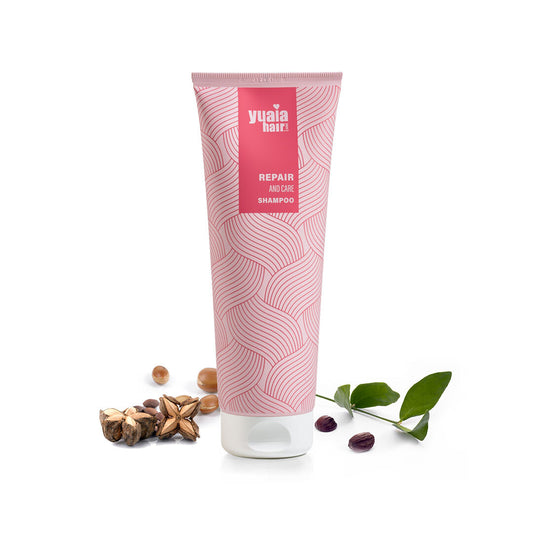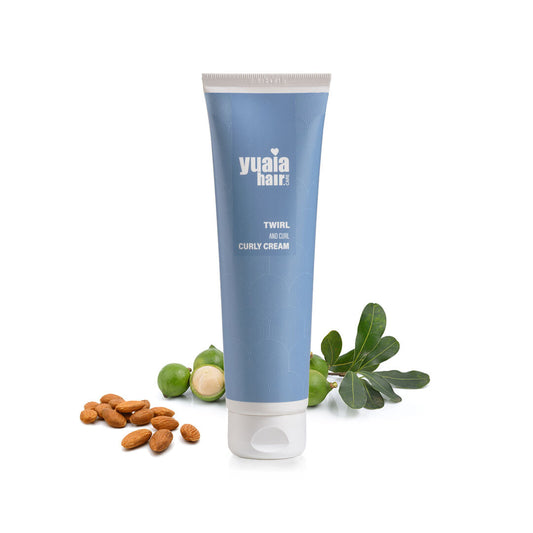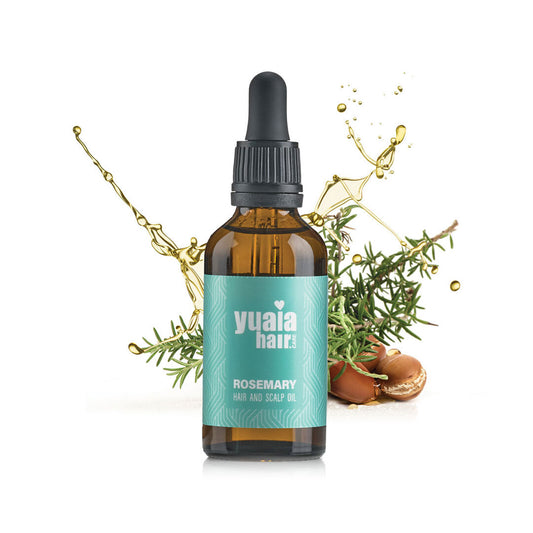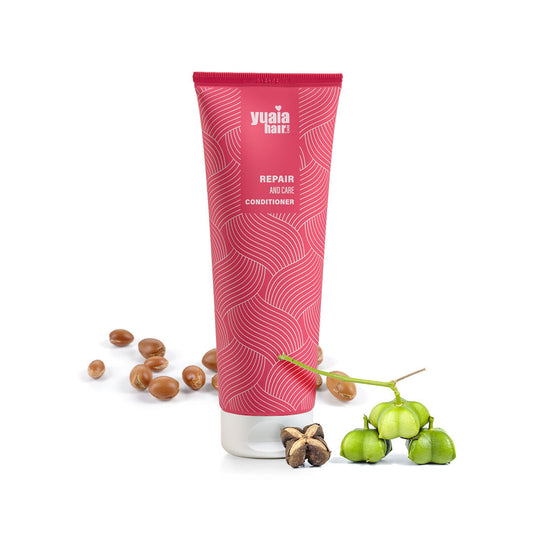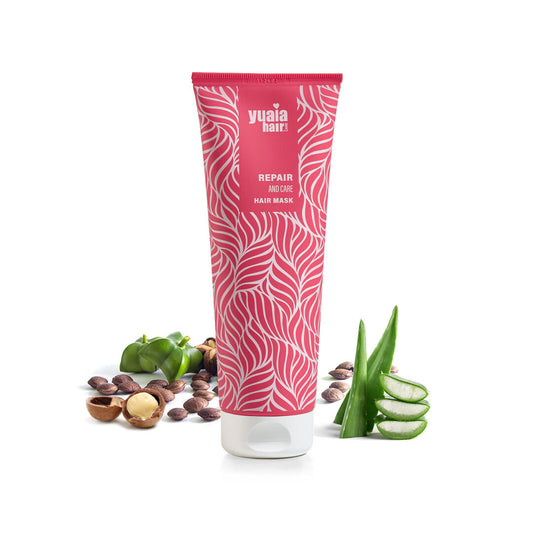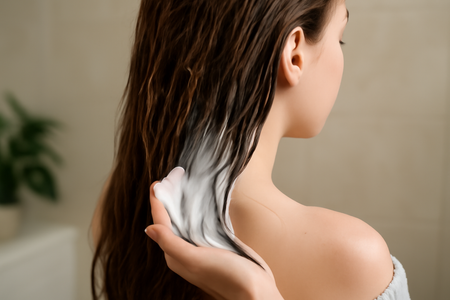
Benefits of using a deep hydration hair mask
Incorporating a deep hydration hair mask into your hair care routine offers numerous benefits that go beyond basic conditioning. These masks provide intensive moisture replenishment, which is essential for maintaining healthy hair. Regular use can significantly enhance the hair's elasticity, making it more resilient to breakage and reducing the occurrence of split ends. The result is hair that not only looks healthier but feels softer and more manageable.
Deep hydration masks are particularly beneficial for those with chemically treated, heat-damaged, or color-treated hair. These treatments often strip hair of its natural moisture, leaving it dry and brittle. A deep hydration mask works to restore the moisture balance, repairing damage and bringing back the natural shine and luster. Additionally, these masks can help tame frizz and improve overall hair texture, making styling easier and more effective.
How to use a deep hydration hair mask for best results
For optimal results, it's important to apply a deep hydration hair mask correctly. Begin by washing your hair with a gentle, sulfate-free shampoo to remove any buildup and prepare the hair for deep conditioning. After rinsing, gently towel-dry your hair to remove excess water, as applying the mask to damp hair allows for better absorption.
Next, apply the mask evenly throughout your hair, concentrating on the mid-lengths and ends, where damage is often most pronounced. For those with curly hair, consider using our Twirl and Curl curly cream to enhance curl definition and hydration. Leave the mask on for the recommended time, typically 10 to 30 minutes, to allow the ingredients to penetrate deeply. For enhanced absorption, you can wrap your hair in a warm towel or use a shower cap to create a mild heat environment.
Rinse thoroughly with cool water to seal the hair cuticle and lock in moisture. Depending on your hair type, using a deep hydration mask once a week is generally sufficient, though those with particularly dry or damaged hair may benefit from more frequent treatments.
DIY vs. commercial hair masks: what’s the difference?
While DIY hair masks made with kitchen ingredients can offer some benefits, they often lack the concentrated formulations found in commercial products. Commercial deep hydration masks are specifically designed to deliver targeted results, with carefully selected ingredients that are proven to hydrate and repair hair effectively. They offer the convenience of consistent results and are formulated to address a wide range of hair concerns.
For those interested in a more hands-on approach, homemade masks using ingredients like honey and coconut oil can provide temporary relief for dry hair. However, commercial masks often include additional beneficial components like hyaluronic acid and proteins, which are challenging to replicate at home. Choosing a high-quality commercial mask ensures you're providing your hair with comprehensive care that addresses both hydration and structural repair.
Are deep hydration masks suitable for all hair types?
Deep hydration hair masks are versatile and can benefit a wide range of hair types, from fine to thick and curly to straight. For those with fine or thinning hair, using a lightweight mask that doesn’t weigh the hair down is ideal. Our Rosemary oil can complement these masks by promoting scalp health and adding shine without heaviness.
Curly and textured hair types often require more intensive moisture due to their natural structure, which can make it challenging for natural oils to travel down the hair shaft. A deep hydration mask can help maintain curl definition and reduce frizz. Additionally, for color-treated or chemically processed hair, these masks offer essential moisture and repair, helping to restore the hair's natural luster and manageability.
How do deep hydration masks fit into a hair care routine?
Integrating a deep hydration hair mask into your routine is straightforward and can significantly enhance your hair's health. Begin by using a gentle, sulfate-free shampoo to cleanse your hair without stripping it of natural oils. Following this, apply the mask to damp hair, focusing on areas that need extra care, like the ends.
For best results, incorporate the mask into your routine once a week. Those with particularly dry or damaged hair might benefit from more frequent use. Complementary products, such as sulfate-free shampoos and conditioners, can further enhance the benefits of the mask by maintaining hydration and preventing build-up.
Frequently asked questions
How often should I use a deep hydration hair mask?
It is generally recommended to use a deep hydration hair mask once a week. However, if your hair is particularly dry or damaged, you may benefit from using it more frequently.
Can I leave a deep hydration mask on overnight?
While some people choose to leave their hair masks on overnight for maximum hydration, it's important to check the product instructions first. If the mask is safe for prolonged use, covering your hair with a shower cap can help prevent any mess while you sleep.
What should I do if my hair feels greasy after using a mask?
If your hair feels greasy after using a deep hydration mask, it might be due to using too much product or not rinsing thoroughly. Make sure to apply the mask primarily to the mid-lengths and ends of your hair and rinse well with cool water to remove any excess product.
 2-4 dagen levering
2-4 dagen levering
 100.000+ tevreden klanten
100.000+ tevreden klanten
 Tevredenheidsgarantie
Tevredenheidsgarantie






